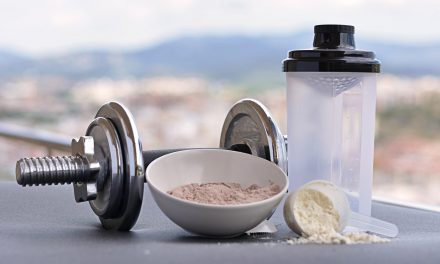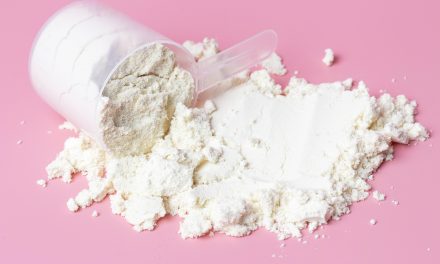Acne is a disease that affects not only teenagers. In adults it occurs more and more often, and its treatment is more difficult to find the cause of its formation. One thing is certain – you won’t win with acne at home. Do not hesitate to visit a dermatologist.
Not only teenagers, but also adults fight acne. While in the former the cause of acne is quite obvious (a rapid increase in the secretion of sex hormones), in adults the causes of acne have not been fully understood. Doctors assume that stress, genetic predisposition, hormonal disorders or some drugs (e.g. antidepressants) may be to blame. Regardless of the factor causing acne, this disease should be treated as soon as possible. This is the only way to prevent disfiguring scars and hyperpigmentation, the removal of which is not easy and very expensive.
Blackheads and pimples are the first acne lesions.
Acne is the result of increased production of sebum (sebum) in the sebaceous glands and excessive cornification of skin cells. The exfoliated cells block the gland estuaries, and the secretion accumulated in them creates blackheads. It is a nutrient for bacteria and a source of inflammatory states from which pimples are formed. Depending on the severity of the disease, acne changes can occur in different forms. Therefore, first look at your skin. If you notice whitish or blackheads (blackheads) on your face, shoulders, décolletage or back, it means that you have an early form of acne. Convex red lesions (papules and pustules) are moderate acne. If you see blue-red nodules filled with pus on your skin, this is already an advanced form of the disease. Look at: sebum control.
Acne treatment methods
The results of acne treatment may be visible only after many months, but it is worth waiting, because you will regain a beautiful complexion and thus also a feeling of well-being. A dermatologist can offer topical or general treatment – everything depends on the type of changes and the effectiveness of the therapy.
Topical treatment
It is used in case of mild and moderate acne. The preparations have the form of ointments, creams, gels, liquids and are used directly on skin lesions.
Daily care of acne skin
Acne skin requires special care every day. To help treat acne, and to maintain the effects of the therapy, use mild pharmaceutical preparations designed to treat skin with acne.
Use gentle foams or gels to wash your face. Then wipe the skin with a non-alcoholic tonic and apply a light moisturizing cream. Regularly (1-2 times a week) use gentle scrubs and cleansing masks to refresh your skin. You can use foundation or powder without fear, provided that they are mineral cosmetics (made of powdered minerals) – they do not clog pores, absorb excess sebum well and soothe irritation.











